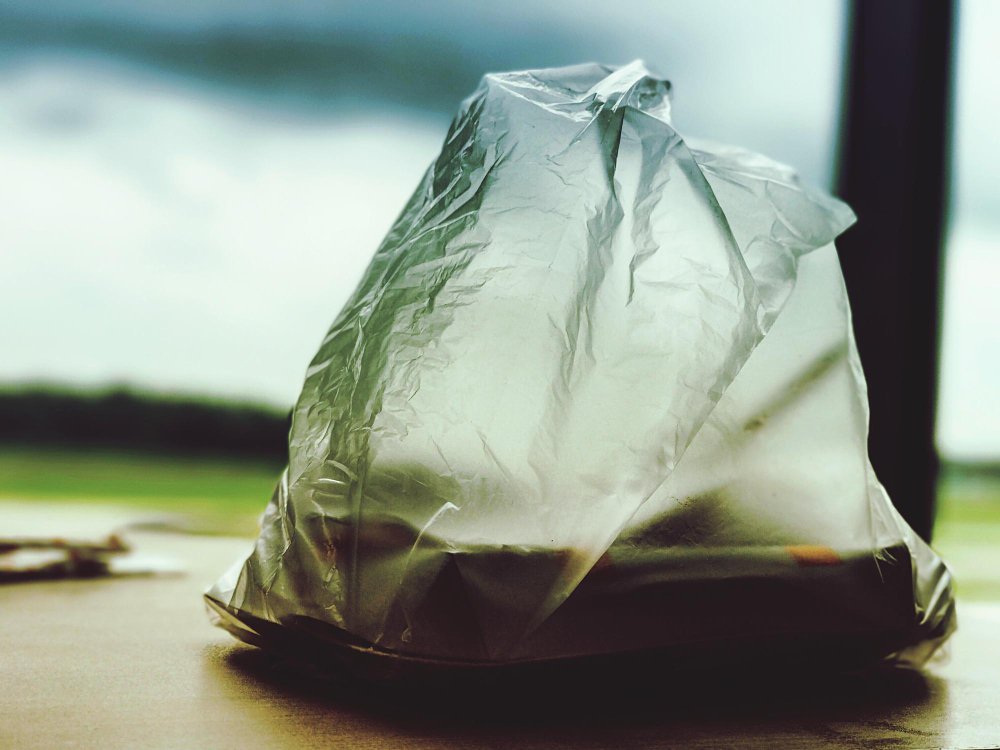We all know by now that traditional plastics are a big problem—they stick around in the environment for hundreds of years. That’s why there’s been a huge push for alternatives, and one name you’ve probably seen is PBAT plastic. But here’s the real question: once you toss that PBAT bag in the bin, what actually happens to it? Does it just sit there like regular plastic, or does it truly disappear? Let’s break it down in simple terms.
What is PBAT Plastic?
PBAT stands for Polybutylene Adipate Terephthalate (a mouthful, we know). In plain language, it’s a biodegradable plastic that’s designed to break down more easily than the regular petroleum-based stuff.
The cool part? PBAT has the strength and flexibility of traditional plastic but without the “forever” problem. That’s why you’ll often see it used in biodegradable PBAT bags and compostable PBAT bags for groceries, packaging, or waste collection.
So basically, it looks and acts like plastic—but has a very different afterlife.
PBAT Decomposition: How It Works
When you dispose of a PBAT-based product, its decomposition depends heavily on the environment it ends up in. Unlike traditional plastic, which lingers for hundreds of years, PBAT decomposition can happen much faster under industrial composting conditions.
Here’s how it breaks down:
- Exposure to Microorganisms – Bacteria and fungi in composting facilities attack the polymer chains in PBAT.
- Fragmentation – The material starts breaking down into smaller pieces as microbes digest it.
- Biodegradation – Over weeks or months, PBAT converts into carbon dioxide, water, and biomass.
- End Result – No toxic residues are left behind, making it safe for the soil and environment.
However, it’s worth noting that the speed of this process depends on factors like heat, humidity, and oxygen levels. In industrial composting facilities, PBAT decomposition is much faster compared to natural soil or landfill conditions.
Why Businesses Are Turning to Biodegradable PBAT Bags
For businesses, packaging isn’t just about functionality anymore—it’s about responsibility. Consumers today are more likely to choose brands that use biodegradable PBAT bags over traditional plastics. Here’s why companies are making the switch:
- Eco-friendly brand image – Using PBAT plastic shows customers you’re serious about reducing waste.
- Regulatory compliance – Many regions are phasing out single-use plastics. Compostable and biodegradable alternatives help businesses stay compliant.
- Customer demand – Shoppers are asking for green packaging solutions, and PBAT answers that need.
Compostable PBAT Bags: A Step Further
While PBAT itself is biodegradable, many products on the market combine PBAT with renewable plant-based materials like PLA (polylactic acid) to create compostable PBAT bags. These bags are designed not only to biodegrade but to fully compost—turning into nutrient-rich material for the soil.
This makes compostable PBAT bags especially attractive in industries like food delivery, retail, and waste management. They provide the durability businesses need, while also ensuring that the packaging has minimal environmental impact after disposal.
The Environmental Impact of PBAT Plastic
Switching from traditional plastics to PBAT biodegradable plastic has a clear advantage: it reduces long-term waste pollution. While petroleum-based plastics can persist for centuries, PBAT plastic significantly shortens the degradation timeline.
However, there are a few things to keep in mind:
- PBAT requires proper disposal in composting environments to achieve full biodegradation.
- In landfills, where oxygen and microbial activity are limited, PBAT decomposition slows down.
- Infrastructure for large-scale composting is still developing in many regions.
That said, as composting facilities become more widespread, PBAT plastic stands out as a strong contender in the sustainable packaging revolution.
Final Thoughts
So, what happens to your PBAT plastic bag after disposal? Unlike traditional plastics, it doesn’t just sit in the environment for hundreds of years. Instead, under the right conditions, PBAT undergoes natural decomposition, leaving behind harmless by products.
Whether in the form of biodegradable PBAT bags or compostable PBAT bags, this material offers businesses and consumers a realistic path toward reducing plastic waste. The key is ensuring proper disposal and supporting composting infrastructure.
For businesses, adopting PBAT-based packaging isn’t just about following a trend—it’s about future-proofing your brand and contributing to a cleaner planet.


